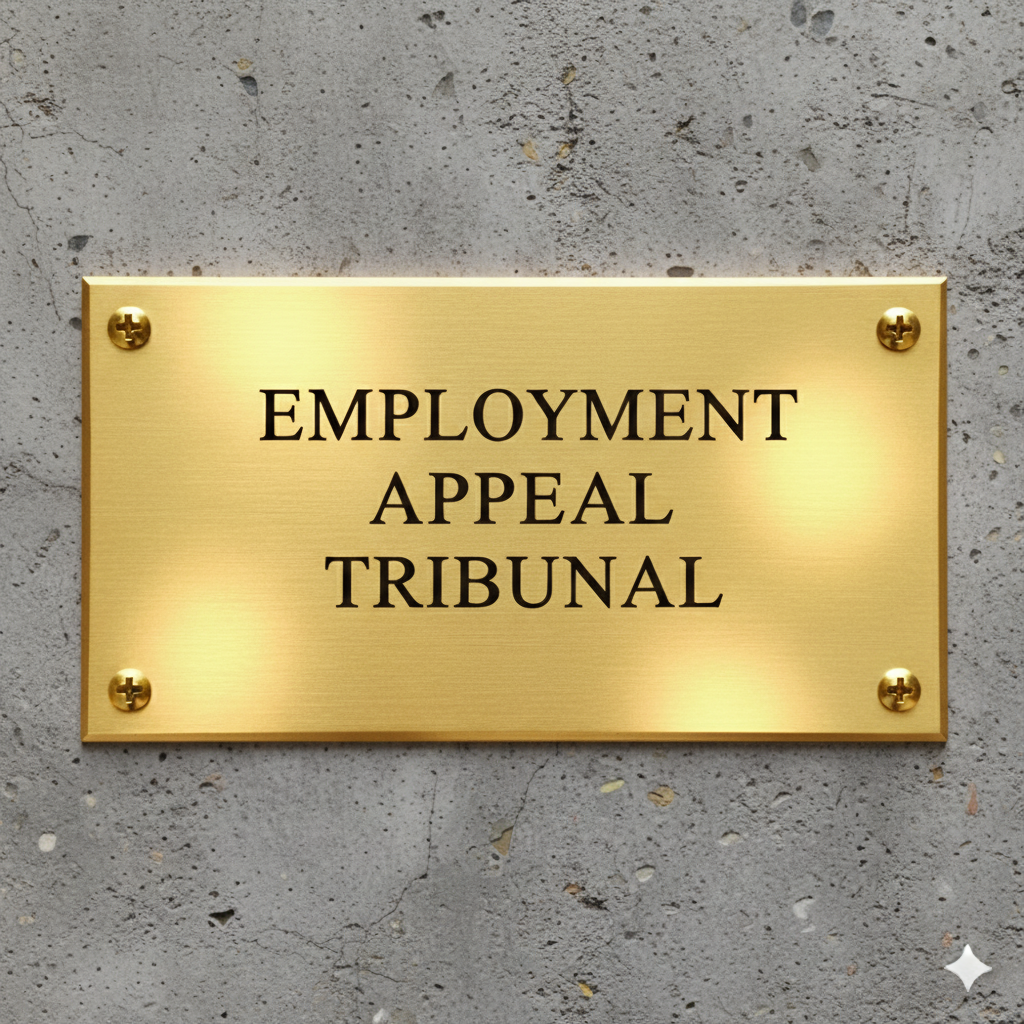Judge's Refusal to Step Down from Equal Pay Case Upheld
The EAT has upheld an Employment Judge's decision not to recuse herself from a case management hearing, despite prior involvement in similar equal pay claims.
• public
Swansea Council's Appeal Against Judge's Decision Fails
The Employment Appeal Tribunal (EAT) has dismissed an appeal by Swansea City & County Council against an Employment Judge's refusal to recuse herself from a case management hearing in an equal pay dispute. The case, Swansea City & County Council v Mrs D Abraham & Ors [2025] EAT 93, centred on whether the Judge's previous work as a solicitor representing claimants in similar equal pay claims created a perception of bias.
Background: Equal Pay Claims and Recusal Application
Mrs Abraham and approximately 1000 other employees brought claims against Swansea Council alleging breaches of equal pay and indirect discrimination. The claims were based on a job evaluation scheme and were treated as a 'multiple' claim for case management purposes.
The Council sought the Judge's recusal, arguing that her prior involvement in mass equal pay claims against Welsh local authorities, including Swansea, created a conflict of interest. The Judge had worked for Thompsons Solicitors, representing claimants in union-backed equal pay litigation.
The EAT's Decision
The EAT, presided over by The Hon. Lord Fairley, upheld the Judge's decision. The Tribunal found that the Judge had correctly applied the test for apparent bias, as established in Porter v Magill [2002] 2 AC 357. The EAT determined that a fair-minded and informed observer would not conclude that there was a real possibility of bias.
The EAT highlighted that the Judge's previous professional involvement had ceased over a decade ago and that mere knowledge of equal pay law and practice did not create bias. They also noted the lack of specific factual overlap identified by the Council that would influence case management decisions.
Key Considerations
The EAT emphasised that the onus of demonstrating a need for recusal lies with the applicant. It also affirmed that it is generally appropriate for the judge facing a recusal application to hear it themselves.
The Tribunal acknowledged the 'precautionary principle,' which suggests erring on the side of caution in recusal matters, but clarified that the core test remains whether a fair-minded observer would perceive a real possibility of bias.
The EAT did note that ongoing vigilance would be needed as the case progresses, and facts might emerge that necessitate revisiting the Porter test at a later stage. However, it was correct not to recuse herself on 25 November 2024.
The Council's arguments regarding procedural unfairness and the judge's reliance on certain legal authorities were also rejected.
The EAT also dismissed a challenge concerning case management orders, finding that adequate reasons had been given and the orders had been complied with.
In conclusion, both appeals by Swansea Council were dismissed.
Read the entire judgement here: Swansea City & County Council v Mrs D Abraham & Ors [2025] EAT 93
